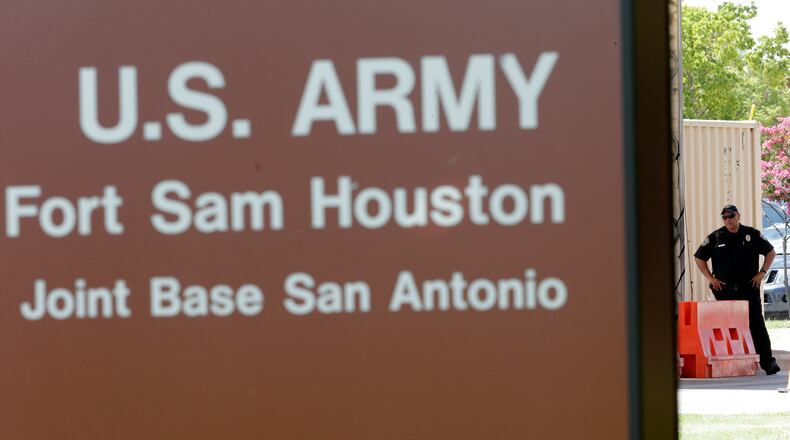Defense Department Inspector General Robert Storch said in a statement that the large difference in perceived incidents and reported incidents was due to the Army’s failure to use and understand surveys and reports on the problem.
“Sexual harassment, bullying, and hazing should not be tolerated under any circumstances,” he said.
The review focused on eight brigades at two garrisons — Fort Cavazos, Texas, and Fort Liberty, N.C. However, the recommendations are for all Army installations and units.
The review concluded the Army was missing the significance of the gap and whether the sexual harassment reporting system was too confusing or cumbersome.
“[The Army] may miss opportunities to identify possible barriers to reporting,” according to the IG report.
The Pentagon review focused on how Army brigade commanders use two tools: The Defense Organizational Climate Survey, which asks soldiers anonymously for their opinions on a wide range of topics on Army life, including sexual harassment, and Command Climate Assessments, which are reports by commanders that take surveys and filed complaints into account in determining the level of perceived problems within their ranks.
The review found commanders failed to compare year-over-year results on the climate survey to establish trends. Questions on hazing and bullying were often omitted.
The climate assessments were drawn up without a proper understanding of what the results of the surveys meant and what the trends identified as issues within each command.
As a result of the review, investigators recommended:
—Senior Army leaders ensure brigade commanders compare year-over-year results of the climate surveys.
—Commanders need to identify harassment risk factors in their Command Climate Assessment action plans.
—Command Climate Action plans need to be more specific in how they will implement “objectives, goals, and milestones.”
—Plans should list the names and ranks of specific individual officers and others responsible for implementing initiatives.
—Plans should identify and implement ways to remove any barriers that might keep soldiers from filing complaints about alleged mistreatment.
The review also recommended a higher level of responsibility within the Army’s civilian and uniformed leadership to ensure policies are followed and plans implemented.
The IG report recommended the assistant secretary of the Army for manpower and reserve affairs coordinate the implementation of the recommendations with the deputy chief of staff, G-9 (installations).
Agnes Gereben Schaefer and Lt. Gen. Kevin Vereen hold those positions now.
The G-9 is responsible for housing, military construction, infrastructure investment, child care, energy and water security, resilience and sustainability, and environmental management and stewardship.
About the Author
